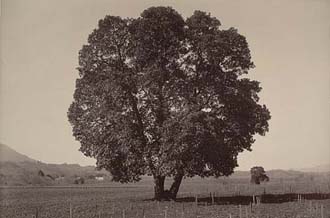
Saturdays, April 7 - June 9, 9 a.m. to 5 p.m, CAB 110

Saturdays, April 7 - June 9, 9 a.m. to 5 p.m, CAB 110
Faculty:
Nancy Parkes Turner, SE4164
867-6737
turnernp@evergreen.edu
Sarah Ryan L2108
867-6720
sarahr@igc.org
In the mid-1980s, unions and environmental groups were often at loggerheads in the Northwest. Their conflicts were summed up in media sound bytes like "Jobs v. Owls." But in 1999, environmental and labor interests joined forces during protests of the World Trade Organization's Seattle meeting. Is there an inherent contradiction between labor's historic priority on higher wages and the environmental movement's quest to reduce consumption? Do the two movements have the potential to work together far into the future? How have these movements defined themselves in the past and what do they bring to the discussion? What can we learn about the relationships between economic systems, social classes, and their impact on the natural world? What are the relationships among toxics and hazards in the workplace, community, and ecosystem? With the changing in the guard of political leadership, along with the 2001 version of the energy crisis, what are the likely effects on environmental and labor policies?.
We'll look at these questions from the perspective of labor studies and environmental policy. Students will develop a community-based project with a larger, global focus, which engages these questions. We will use texts, individual and collaborative writing, films, seminars, and group projects to consider questions about labor and environment. Our learning objectives will include: strengthening skills in critical writing and writing for public education; communication, including writing, speaking, acting, listening and public expression; media, visual and technological literacy; problem definition and solution; ethnographic interviewing; consideration of ethics and values held by stakeholders with significant cultural differences; management and clarification of complex information; critical research; collaboration, organization, and motivation of groups. Credit will be awarded in Labor Studies, Environmental Studies, and Critical Writing/Research.
Books:
|
|
|
|
|